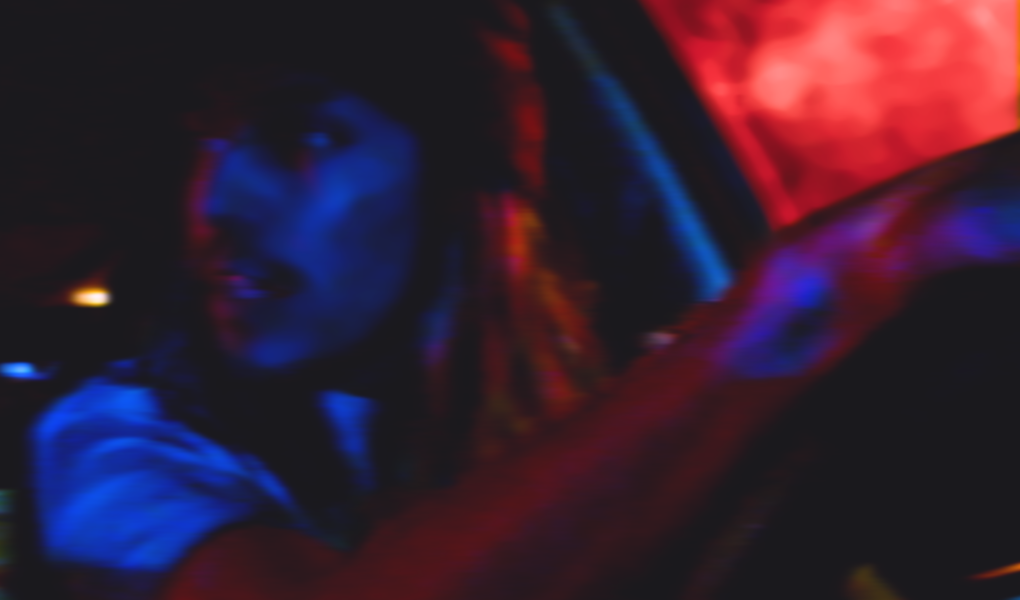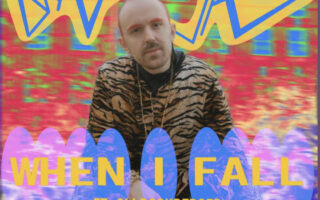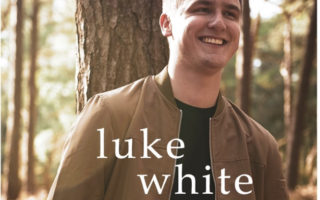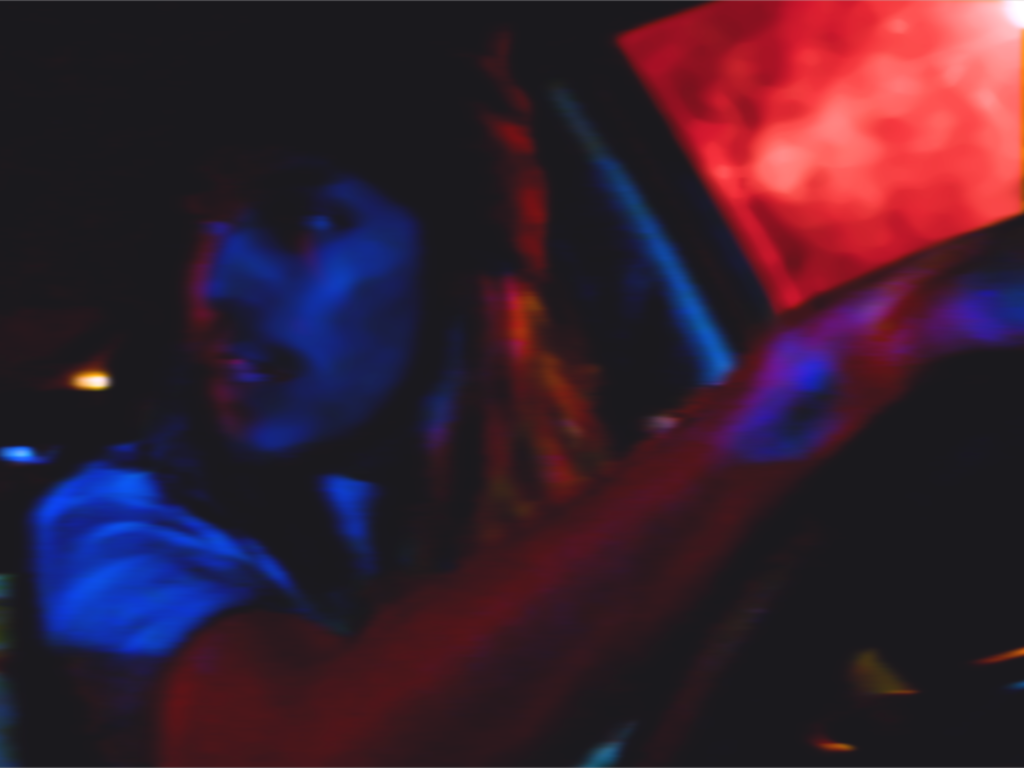
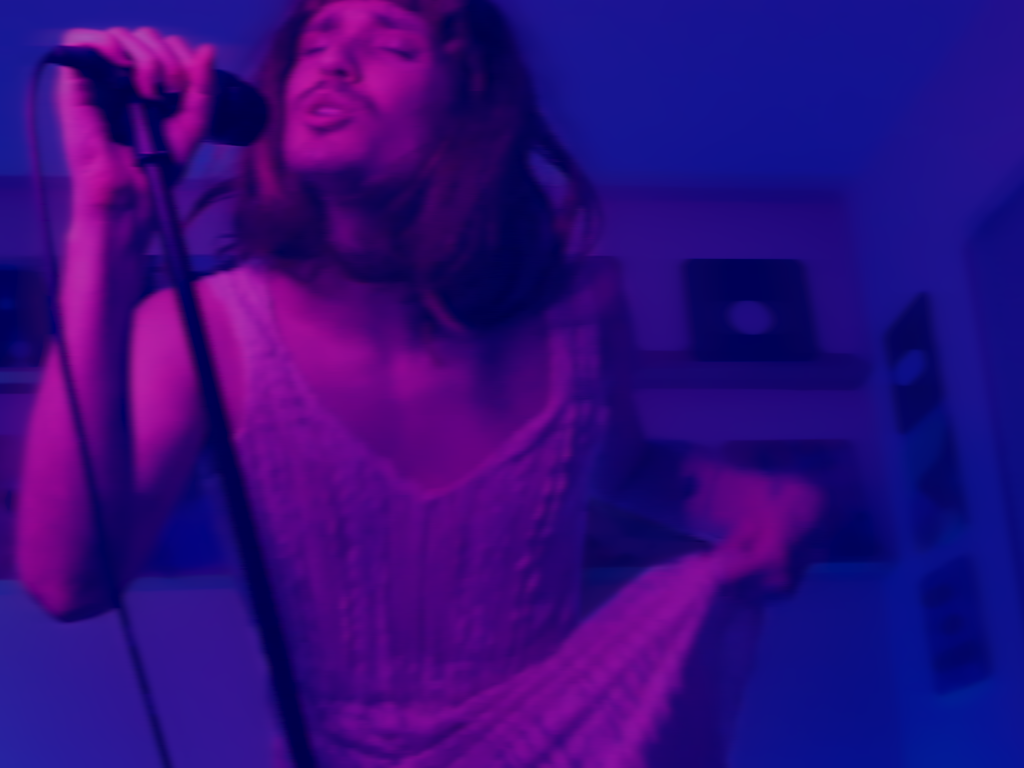
Hello Zakery how are you?
I’m feeling good, thankful for my health during this time.
Congratulations on the release of “The Waiting Is Over Whenever We Want”. How does it feel?
I’ve been really looking forward to this release mainly because I just wanted people to hear it already. I’ve never felt that way about any previous releases of mine or projects I’ve been part of. I think “The Waiting…” is a pretty solid representation of my sound and the direction I’m going with my music, so I’m glad to finally have this one out there.
How did it come together?
Typically, I come up with a song while playing an instrument (guitar, bass, piano). Once I feel comfortable playing all three instruments for a new song I’ll start the recording process. Then once I have a few layers down on the recording, I’ll start writing and refining the melodies I was humming while in the playing phase. However, I did not follow my normal process for this one at all. I was actually just messing around with some synth instruments in Logic one day and came up with a pretty cool sounding pattern. I started layering the synths, added a drum kit to it just because I thought it would be a vibe, but still didn’t really have the intention of working on it like I typically work on a song. A few days passed and I came back to listen to it, and confirmed for myself that it had a lot of potential so I started trying to come up with chords, bassline, melodies and lyrics. It came together super quickly from there. At the time I felt like this piece was writing itself, and I was just the physical body tasked with recording it. It wasn’t until after recording while I was planning out my album that I decided to split it into three separate tracks.
What were the main challenges you faced in recording it?
At the time of recording I could not successfully sing the verse into the chorus in one go. I had to cut the recording then listen to the chorus section to find the melody (get the verse melody out of my head), then go back and record the chorus in its own take. Now that I’ve heard the recording a thousand times, the transition comes naturally, but for some reason I struggled with it at first.
What’s your favourite track from it?
“The Waiting Is Over Whenever We Want” is essentially one concept split into three separate tracks. ‘The Waiting’ has two verses and two choruses, ‘Is Over’ is a breakdown, and ‘Whenever We Want’ is a final chorus and guitar solo. I think the only one that really stands alone as a complete song is ‘The Waiting’. However, my personal favorite from this release is ‘Whenever We Want’. The drum kit and bassline from ‘The Waiting’ comes back in, but I also bring in a few electric guitar tracks and a keyboard, and I’m really happy with how that sounds altogether. Also I think the harmonies on the few lines in ‘Whenever We Want’ are fun.
You are from Sacramento California, how did it all begin for you?
I grew up in a family that was super involved in sports, and while I participated in a lot of sports growing up, I feel like I was always drawn to the artistic side of things. Since sports are what I knew, I loved sketching out custom uniform kits and trying to bring them to life with washable markers and a white t-shirt. In my early teens I spent a lot of time daydreaming and drawing or even writing out some of the stories I came up with, probably as a way to detach from some of the heavy situations I was faced with at the time. This was around the time I discovered music creation as a way to release and express myself more outwardly. I’ve created music on and off since then, but every time I come back to the process I am reminded of why it’s been so important for me throughout my life and development.
What did you listen to growing up?
I listened to a lot of Nirvana and Red Hot Chili Peppers. Those were some of my initial influences that had me wanting to be in a band. In my later teens there were a lot of alternative bands I liked like Cage the Elephant, Portugal. The Man, The Neighbourhood, Local Natives, and Grouplove
You are currently working on your album, how’s it going?
It’s going great overall– the vague idea I had at the beginning of the project was to make a concept album with each song flowing into the next and some core elements tying the album together musically. I’ve been more inspired by the music of the mid to late 1960’s recently, and I wanted to replicate certain signature sounds from that time on this album. At this point I’m about 90% done with recording and 40% done with mixing and mastering.
2020 was a time to reflect for everyone what did you learn most about yourself?
So much, I could go on forever. But I would say the most important thing I learned for my growth is that I need to have more empathy for myself. Something that really held me back from progressing internally was the fact that I blamed myself for certain personality traits I have that I view as negative. I think it’s important to remember that a lot of our behaviors are coping mechanisms we’ve developed at a young age. And if we empathize with ourselves and understand why we respond to situations the way we do we can then begin to start healing and improving. Also, I’ve always known that I’m a very gentle and emotional person, but I’ve really learned to embrace that part of me rather than suppress it. And I think that shows on the album I’m working on.
COVID affected the creative industry in a big way, what kept you motivated?
COVID gave me the final push right into the creative industry to be honest. I was working as a web designer before, which is technically creative, but that was a job, not how I want to spend my life. A few key clients dropped off when the pandemic started, so not only was I solely working from home, I was working a lot less. This is what really allowed me to dive back into music, and this time I really don’t think I’ll ever go back. With that said, staying motivated isn’t the easiest when the world is going through so much right now. I’ve emphasized taking good care of myself during this time– I’ve been sleeping more, eating better, taking care of my skin, my hair, and so on. Being able to have a routine that is designed around my wellbeing as opposed to structuring my routine around a job has helped my mental health tremendously. And as a result, I’m more motivated to work on creative projects.
What artists are you listening to at the moment?
Japanese Breakfast has a new song out called ‘Be Sweet’ that I’ve had on repeat the last two weeks. I can’t get it out of my head. And as I mentioned previously, I’m drawing a lot of influence from the 1960’s while writing my album. I’ve been studying bands like The Doors, The Animals, The Zombies, and The Rolling Stones, and so on.
You are from California and have lived all over the state, what are your three favourite things about it?
It’s been a really nice privilege growing up in California. I’m worried about the next decade or two and how things might look, because climate change is really coming for us. But ignoring that for a moment, the weather in California is generally lovely. I’m glad that it’s a safer place for marginalized groups of people to be than many places in this country and around the world. While California’s government is not where I would like it to be on the issues, it’s definitely a lot closer and generally more progressive than most states here in the US.
What are you looking forward to doing next?
For now I’m focused on finishing the album, and I didn’t expect myself to feel this way, but I actually can’t wait to start writing new material. I feel like I’ve finally unlocked something within myself and there’s a lot more that wants to flow out.

